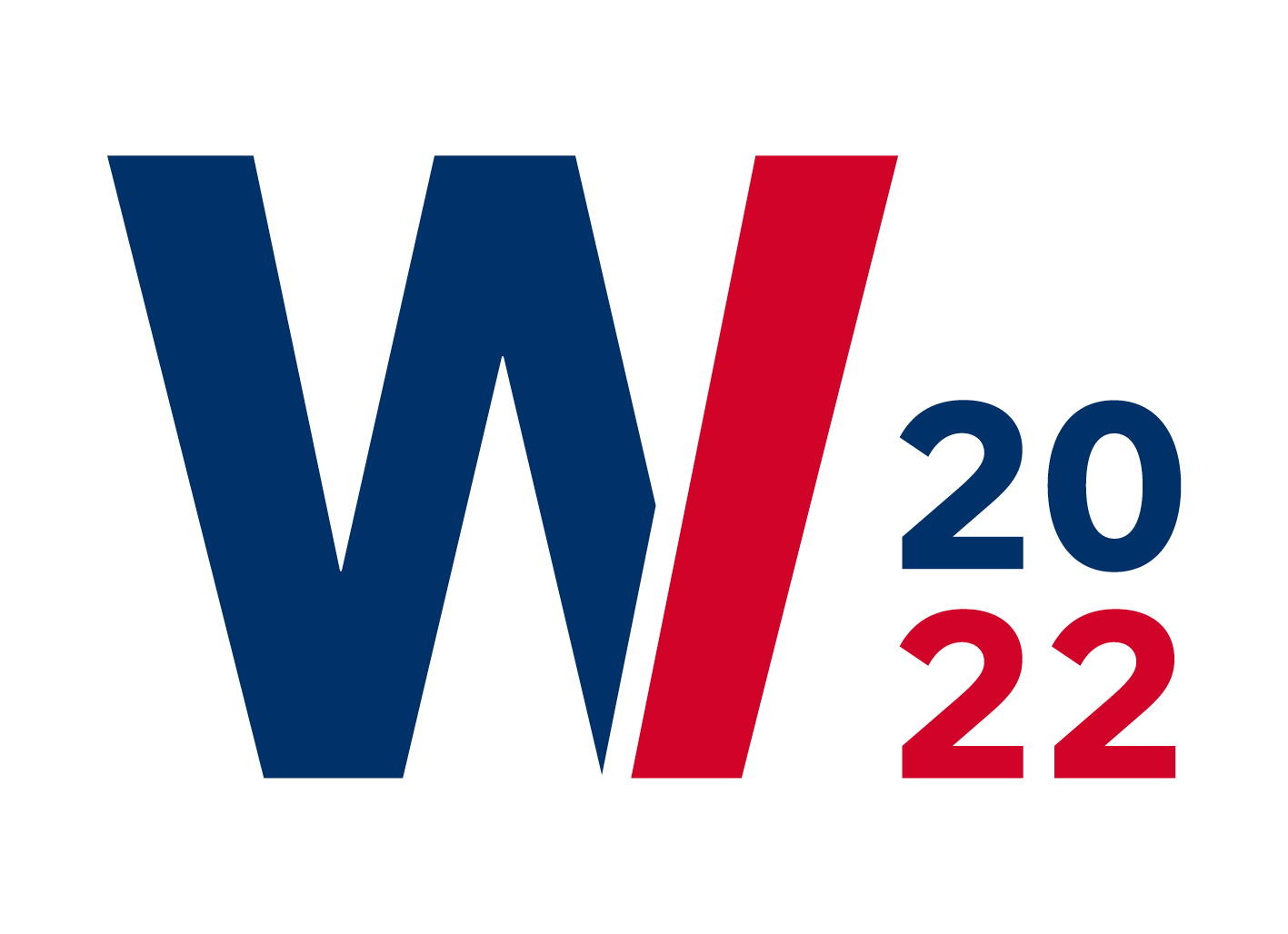Track 10
Business Analytics, Data Science and Decision Support
A rapidly growing area of business informatics deals with the application and development of data- and model-based methods to solve (decision-making) problems of organizations. The factors driving the future of this subfield of business informatics are the increasing networking of people and devices, inexpensive and fast storage, access to large amounts of data and high computing power. In the environment of these dynamic developments, the topics of business analytics, data science and decision support and their interaction are of particular importance.
Business analytics allows companies to use a wide range of analytical methods to leverage the resource of data in a variety of application areas. In practice, in particular, the tradition of business intelligence solutions is being continued and developed, for example by combining them conceptually and architecturally with modern big data approaches in analytical ecosystems.
The ever-increasing availability of data, as well as advances in the capabilities to process and analyze it, have led to a flowering of Data Science. This not only constitutes new research efforts in business informatics (e.g., artificial intelligence, processing of unstructured data, visualization), but also issues of data management (data quality, data governance, etc.), data sourcing (such as Open Data), and data provision (such as on data marketplaces or in data ecosystems) require new solutions.
Decision support methods combine approaches from management science, operations research and computer science and include mathematical decision models, optimization and simulation algorithms as well as mathematical-analytical approaches with an application-oriented focus on business management problems.
The above-mentioned topics show methodological, technological and thematic overlaps, which are also addressed in this track. One example is the research area of high performance (business) computing and parallel algorithms, which deals with the application of models, methods, tools and technologies of high performance computing to problems in economics.
possible topics
In this track, we welcome the entire diversity of business informatics research efforts in the areas of decision support, data science and business analytics, and business intelligence. These range exemplarily from the generation, collection and representation of (Big) Data, the development of innovative theories, methods and procedures to solve business and societal problems, the development of specific applications of Descriptive, Predictive and Prescriptive Analytics, to the adoption and integration of these approaches in companies. Research papers on the development of new statistical and machine learning techniques or new optimization approaches are welcome, as long as a link to solving a business or societal problem is demonstrated. We encourage the submission of relevant and original contributions exploiting the methodological breadth of the research area.
(machine generated translation)

Prof. Dr. Martin Bichler
Technical University of Munich
Martin Bichler is Professor of Decision Sciences & Systems at the Faculty of Computer Science, at the Technical University of Munich. His research interests include market design, equilibrium learning, and machine learning and optimization with applications in economics. Martin is an Associate Editor in journals such as Information Systems Research, the INFORMS Journal on Computing, and Naval Research Logistics, among others. He is currently president of the INFORMS Section on Auctions and Market Design.

Prof. Dr. Barbara Dinter
Chemnitz University of Technology
Barbara Dinter holds the professorship of Business Information Systems – Business Process and Information Management at Chemnitz University of Technology. She studied and received her doctorate in computer science at the Technical University of Munich. The habilitation took place at the University of St.Gallen. In the course of many years of consulting, she has worked with numerous companies. Her current research interests include business analytics, business intelligence, data management, as well as data-driven innovation and Industrie 4.0. She has repeatedly served as track chair at ECIS, HICSS, AMCIS, and WI and published in renowned journals such as Decision Support Systems, Journal of Database Management, and Journal of Decision Systems, as well as at conferences such as ICIS, ECIS, and WI.

Prof. Dr. Natalia Kliewer
Freie Universität Berlin
Natalia Kliewer is Professor of Information Systems at Freie Universität Berlin. Her research interests include the design of decision support systems in transportation and logistics, as well as network models and algorithms for applications in the aviation industry, public transportation, and revenue management. Natalia is Department Editor for Decision Analytics & Data Science at the journal Business & Information Systems Engineering and Associate Editor at the journals Public Transport Journal and INFORMS Transportation Science.

Prof. Dr. Guido Schryen
University of Paderborn
Guido Schryen is Professor of Management Information Systems and Operations Research at the Faculty of Economics at the University of Paderborn. His research activities are primarily in the areas of optimization and decision support in logistics, scheduling, and infrastructure planning, as well as in the application of high-performance computing in operations research. He is co-organizer of the International Workshop on High-Performance Business Computing, member of the editorial board of the department “Decision Analytics and Data Science” of the journal Business & Information Systems Engineering, and reviewer in various journals including Information Systems Research, European Journal of Operational Research, European Journal of Information System, Journal of the AIS, and Journal of Information Technology.
Associate Editors
- Paul Alpar (Philipps-Universität Marburg)
- Bastian Amberg (Freie Universität Berlin)
- Henning Baars (Universität Stuttgart)
- Ivo Blohm (Universität St. Gallen)
- Catherine Cleophas (Christian-Albrechts-Universität zu Kiel)
- Jan Ehmke (Universität Wien)
- Andreas Fink (Helmut-Schmidt-Universität/UniBw Hamburg)
- Burkhardt Funk (Leuphana Universität Lüneburg)
- Jochen Gönsch (Universität Duisburg-Essen)
- Sarah Hönigsberg (Technische Universität Chemnitz)
- Achim Koberstein (Europa-Universität Viadrina Frankfurt (Oder))
- Stefan Lessmann (Humboldt-Universität zu Berlin)
- Alexander Mädche (Karlsruher Institut für Technologie)
- Dirk Mattfeld (Technische Universität Braunschweig)
- Lars Mönch (FernUniversität in Hagen)
- Oliver Müller (Universität Paderborn)
- Bodo Rieger (Universität Osnabrück)
- Christian Schieder (Ostbayerische Technische Hochschule Amberg-Weiden)
- Thomas Setzer (Katholische Universität Eichstätt-Ingolstadt)
- Benjamin van Giffen (Universität St. Gallen)
